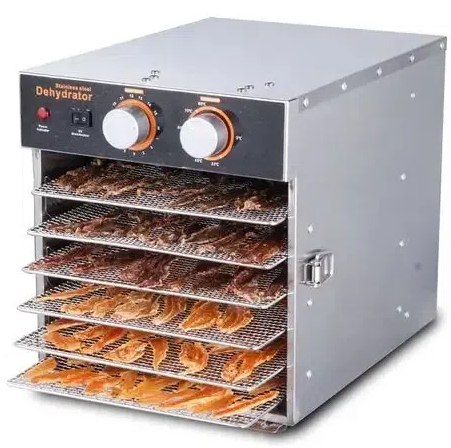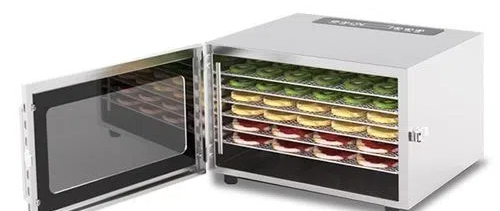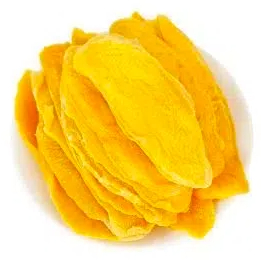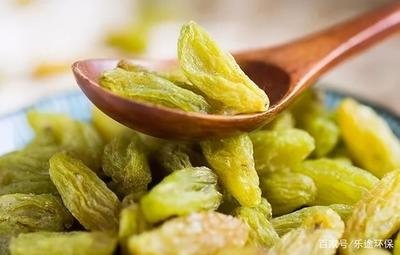
Content Menu
● Introduction
● Understanding Electric Heat Pump Dryers
● Benefits of Using Electric Heat Pump Dryers for Food
● Applications of Electric Heat Pump Dryers in the Food Industry
● Choosing the Right Electric Heat Pump Dryer for Food Processing
● Maintenance and Care for Electric Heat Pump Dryers
● Future Trends in Food Drying Technology
● Conclusion
● Frequently Asked Questions
>> 1. What is the difference between a heat pump dryer and a conventional dryer?
>> 2. Can heat pump dryers be used for all types of food?
>> 3. How much energy can I save by using a heat pump dryer?
>> 4. What maintenance is required for heat pump dryers?
>> 5. Are heat pump dryers environmentally friendly?
Introduction
Food preservation is a critical aspect of the food industry, ensuring that products remain safe and nutritious for consumption. One of the most effective methods of food preservation is drying, which removes moisture and inhibits the growth of spoilage organisms. In recent years, electric heat pump dryers have emerged as a revolutionary technology in the food drying process, offering numerous advantages over traditional methods. This article explores the role of electric heat pump dryers in food drying, highlighting their benefits, applications, and future trends.

Understanding Electric Heat Pump Dryers
Electric heat pump dryers operate on a unique principle that sets them apart from conventional dryers. They utilize a closed-loop system that recycles air, extracting moisture from the food while maintaining a low temperature. This process not only conserves energy but also preserves the quality and nutritional value of the food being dried. Unlike traditional dryers that expel hot air, heat pump dryers retain the heat within the system, making them more efficient and environmentally friendly.
Benefits of Using Electric Heat Pump Dryers for Food
The advantages of electric heat pump dryers in food drying are manifold. Firstly, their energy efficiency translates to significant cost savings for food processors. By consuming less electricity, businesses can reduce their operational costs while maintaining high-quality drying standards. Additionally, heat pump dryers operate at lower temperatures, which helps preserve the delicate flavors, colors, and nutrients of the food. This is particularly important for fruits and vegetables, where high temperatures can lead to nutrient loss and undesirable changes in texture.
Moreover, the versatility of heat pump dryers allows them to be used for a wide range of food products. From drying fruits and vegetables to processing meats and herbs, these dryers can handle various applications, making them an invaluable asset in the food industry. Furthermore, their eco-friendly design contributes to sustainability efforts, as they reduce energy consumption and greenhouse gas emissions.
Applications of Electric Heat Pump Dryers in the Food Industry
Electric heat pump dryers find extensive applications in the food industry. For instance, they are widely used for drying fruits such as apples, bananas, and berries, enhancing their shelf life and flavor. In the meat processing sector, heat pump dryers are employed to produce jerky and other dried meat products, ensuring safety and quality. Additionally, herbs and spices can be dried efficiently, preserving their aromatic properties.
In industrial settings, heat pump dryers can be scaled up to meet high-volume production needs, making them suitable for large food processing operations. Their ability to maintain consistent drying conditions ensures uniformity in the final product, which is crucial for quality control.

Choosing the Right Electric Heat Pump Dryer for Food Processing
When selecting an electric heat pump dryer for food processing, several key features should be considered. Capacity is essential, as it determines the volume of food that can be dried in a single batch. Temperature control is another critical factor, allowing operators to adjust settings based on the specific requirements of different food products. Additionally, energy efficiency ratings and user-friendly controls can enhance the overall experience and effectiveness of the dryer.
Several reputable brands offer electric heat pump dryers designed specifically for food applications. Researching and comparing models can help businesses find the best fit for their needs.
Maintenance and Care for Electric Heat Pump Dryers
To ensure the longevity and efficiency of electric heat pump dryers, regular maintenance is essential. This includes cleaning filters, checking for blockages in the air circulation system, and ensuring proper drainage of condensed moisture. By following manufacturer guidelines and performing routine checks, operators can prevent common issues and maintain optimal performance.
Future Trends in Food Drying Technology
The future of food drying technology is promising, with ongoing innovations in heat pump systems. Advancements in automation and smart technology are expected to enhance the efficiency and user-friendliness of these dryers. For instance, integrating IoT capabilities can allow for remote monitoring and control, enabling operators to optimize drying processes in real-time.
Conclusion
Electric heat pump dryers represent a significant advancement in food drying technology, offering numerous benefits such as energy efficiency, cost savings, and superior food quality preservation. As the food industry continues to evolve, embracing innovative solutions like heat pump dryers will be crucial for meeting consumer demands and sustainability goals. Businesses looking to enhance their food drying processes should consider the advantages of electric heat pump dryers as a viable option.

Frequently Asked Questions
1. What is the difference between a heat pump dryer and a conventional dryer?
Heat pump dryers recycle air and use lower temperatures, making them more energy-efficient compared to conventional dryers that vent hot air outside.
2. Can heat pump dryers be used for all types of food?
Yes, heat pump dryers are versatile and can effectively dry fruits, vegetables, meats, and herbs.
3. How much energy can I save by using a heat pump dryer?
Heat pump dryers can save up to 50% more energy compared to traditional electric dryers, leading to significant cost savings over time.
4. What maintenance is required for heat pump dryers?
Regular cleaning of filters, checking for blockages, and ensuring proper drainage are essential for maintaining efficiency.
5. Are heat pump dryers environmentally friendly?
Yes, they consume less energy and reduce greenhouse gas emissions, making them a sustainable choice for food drying.












